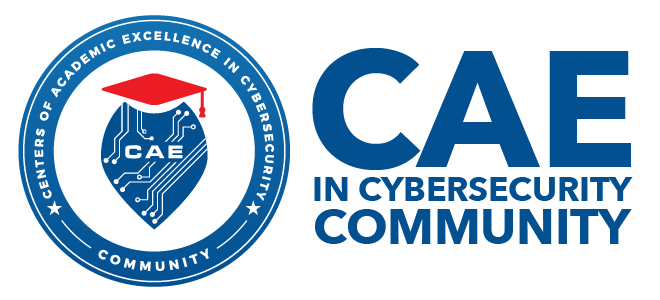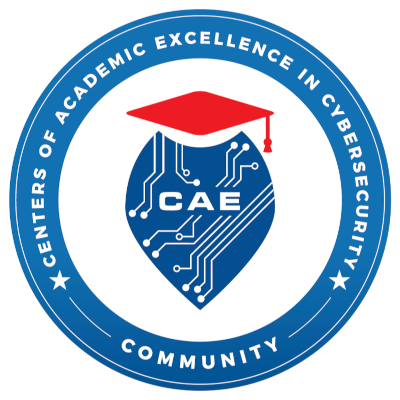Using Wireshark in Security Classes
This presentation is intended to discuss the promotion of security tools in general, and Wireshark in particular, in security-related classes at Nova Southeastern University (NSU). As a pioneer in cybersecurity education, NSU was striving to introduce students with hands-on experience in classroom settings. Wireshark is one of the most widely used tools in computer networking for deep packet analysis and has been used widely in several courses.

